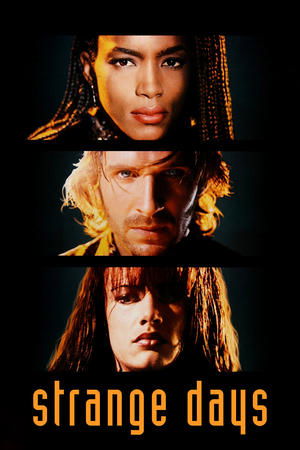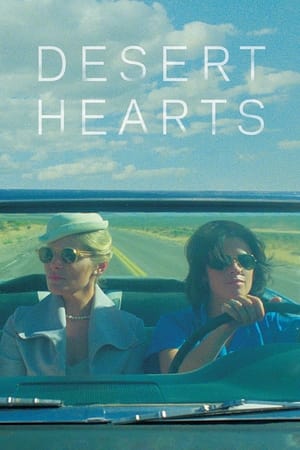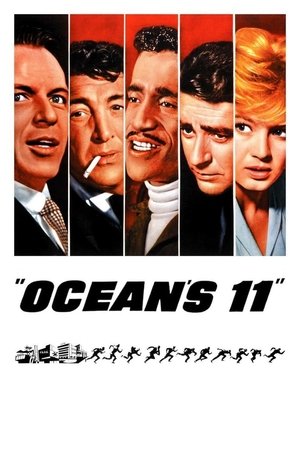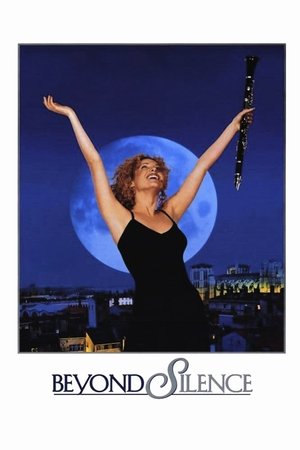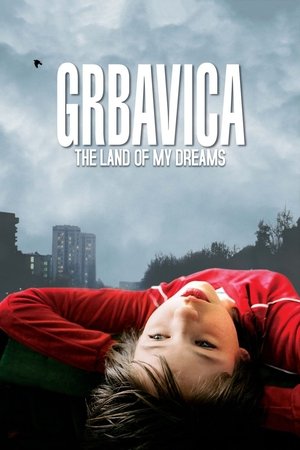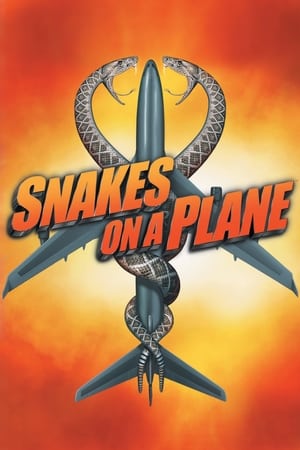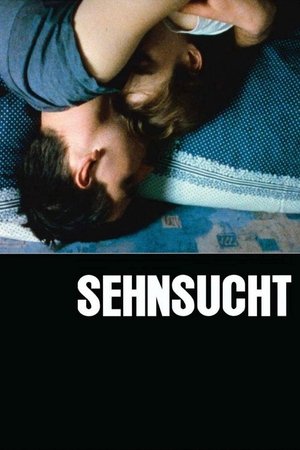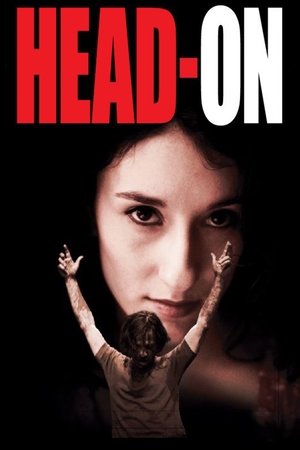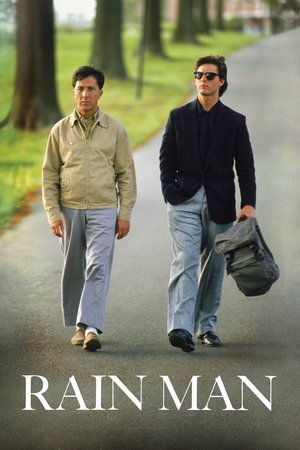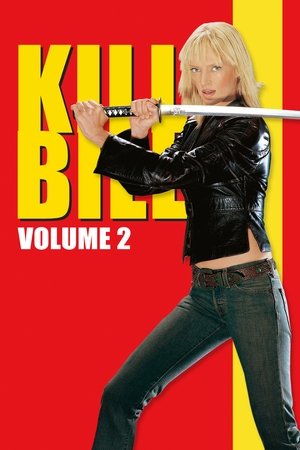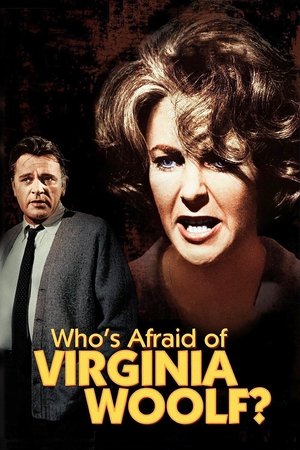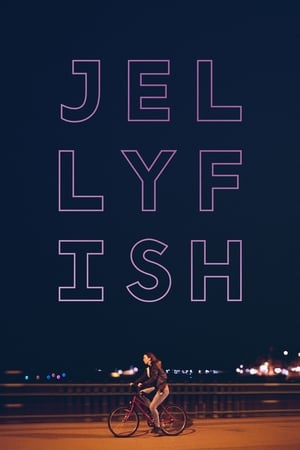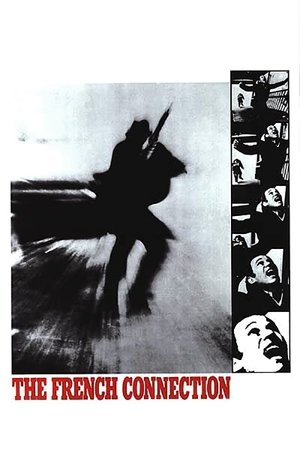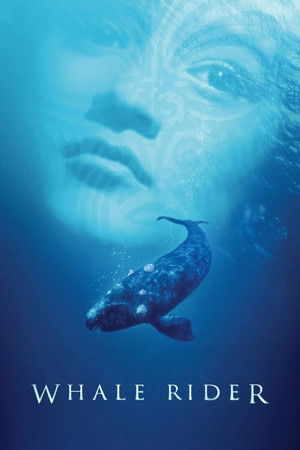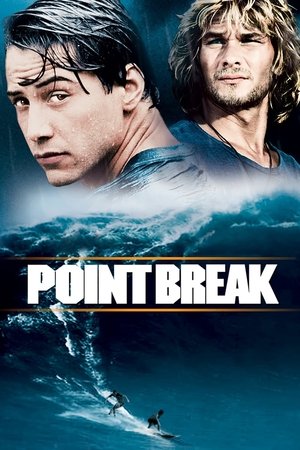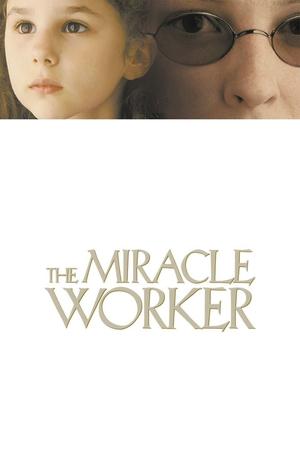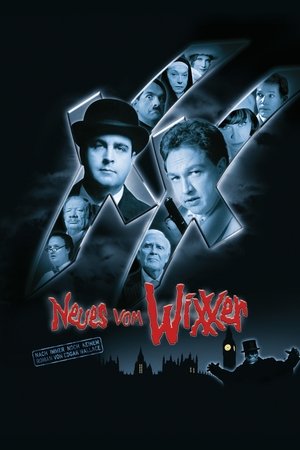Overview
Sascha, the young and beautiful trophy girlfriend of a Danish drug lord, arrives at his holiday villa in the seaside town of Bodrum, on the Turkish Riviera, where she is welcomed into his inner circle. Under the summer sun, she lives a carefree dream of luxury and fun until she meets Tomas, a Dutch traveler trying to discover himself.
Reviews
**_Palpably tense and thematically complex, this is deeply uncomfortable viewing, with a graphic but wholly justified rape scene_**
> _Women quickly learn that rape is a crime only in theory; in practice the standard for what constitutes rape is set not at the level of women's experience of violation but just above the level of coercion acceptable to men._
- Judith Lewis Herman; _Trauma and Recovery: the aftermath of violence - from domestic abuse to political terror_ (1992)
> _The relationship is certainly abusive but I mean that's a greyscale. It's not like 'here's a healthy relatio__nship' and 'here's an abusive one'. It's not a healthy relationship, it's a relationship founded on an uneven power balance and that can never be good. He has too many things that she needs, not just material things but the allure of power and he's got a family. To me, it's very much about her needing that family and needing that togetherness. They're a lot of fun and silly and stupid and fun which is what people need, so that was a very important aspect of it to me. It's not Michael she's going for, it's the whole package. In my mind she's a very lonely girl, so if she left there'd really be nowhere for her to go and I don't think most people are capable of taking that decision of going from something to nothing. I think people will go a long way to stay accepted within a group. I mean, we are social animals. We will do whatever it takes to be loved by the group not just the leader._
- Isabella Eklöf; "Isabella Eklöf talks about her film, _Holiday_" (Addy Fong); _Something You Said_ (June 12, 2018)
A film I've always admired is David Cronenberg's _A History of Violence_ (2005), which features two graphic sex scenes between Tom Stall (Viggo Mortensen) and his wife Edie (Maria Bello). The first is a beautifully shot scene of two people madly in love, who still find one another a turn on; it's tender, gentle, playful, and incredibly erotic (it's also the first film ever to depict a married couple engaged in a 69). The second takes place after their comfortable life has imploded because of his past deeds, and it's brutally rough, void of any tenderness or affection; just two people fucking for the hell of it on a staircase with no carpet. I mention this because, in these two scenes, the themes of the entire film are spelt out perfectly, encapsulating as they do how catastrophically wrong things have gone and the degree to which their love for one another has been compromised. So if ever there was a film with thematically justified sex scenes, it was here. In the same sense, explicit but vital rape scenes can be found in films such as Gaspar Noé's _Irréversible_ (2002), Lukas Moodysson's _Lilja 4-Ever_ (2002), and Ulrich Seidl's _Import/Export_ (2007). And now so too _Holiday_. Director Isabella Eklöf's debut film, _Holiday_ features an explicitly graphic rape scene that pushes all kinds of boundaries, and that will prove too much for some. No doubt it will be labelled gratuitous, exploitive, and voyeuristic, (accompanied by the usual asinine and reductive claims of "worst film ever"), when in actual fact it's the opposite - a narratively crucial and thematically essential provocation.
Telling the familiar story of a sybaritic gangster's moll who realises she's in a bad situation, _Holiday_ delights in upending generic norms. In this sense, it's thematically similar, although tonally different, to Coralie Fargeat's mesmerising rape/revenge thriller, _Revenge_ (2017), which tackles all manner of androcentric tropes, subverting some, inverting others. Eklöf has cited both Noé and Seidl as influences, and as in many of their films, it's difficult to tell whether she's trying to convey a point about an inherently aggressive, territorial, and amoral human condition, or if she is just daring the audience to be offended. Co-written by Eklöf and Johanne Algren, the film is cold and hard, clinically detached from both its subjects and the _milieu_ which they inhabitant. But is it a post-#MeToo narrative or an exploitative recreation of the male gaze and a validation of the worst imaginable elements of toxic masculinity (and toxic femininity)? And, yes, there are some problems – the eschewing of narrative momentum and conventional character arcs, the lack of interest in eliciting pathos – but this is an impressive debut feature. The rape scene will limit its exposure beyond the festival circuit, but irrespective of that, we will definitely be hearing more from Eklöf in the future.
The film is very light on plot, but essentially it tells the story of Sascha (Victoria Carmen Sonne), a young woman holidaying with her much older boyfriend, successful drug trafficker Michael (an intimidating Lai Yde), and a group of his employees at a villa in Bodrum in the Turkish Riviera. Shortly after arriving, she meets Thomas (Thijs Römer), a Dutch tourist who is clearly smitten with her, and with whom she enjoys flirting, and soon they're hanging out together. Throughout this time, however, Sascha never mentions that she has a boyfriend, nor that he is a violent drug dealer who is used to people doing exactly what he wants.
As mentioned above, _Holiday_ reminded me quite a bit of Coralie Fargeat's _Revenge_. Both are the first feature of a young female filmmaker, both play with genderised tropes, both turn androcentric paradigms on their head, both feature graphic explosions of violence, both are set in an almost exclusively male _milieu_ where aggression and dominance is central, and both are highly confrontational (in _Revenge_, Fargeat made the audience complicit with the male gaze by visually commodifying the body of the only women in the film (Matilda Anna Ingrid Lutz), whilst in _Holiday_, Eklöf forces the audience into the position of a passive, detached witness to a horrific rape). Thematically, the films are also connected, albeit by way of inversion - _Revenge_ is about a woman fighting back against the men who have exploited and abused her; _Holiday_ is at least partly about a woman who is either unable or unwilling to engage in such a fight.
In terms of that rape scene, filmed in a single shot at a removed, dispassionate distance using a stationary camera, one does have to parse whether Eklöf is saying something about male-on-female violence and sexual violation, or does the scene play out as fetishization of the very things she seems to be condemning – treating Sascha's body in much the same objectifying manner as Michael does, something to be used as one sees fit. Is the scene redolent of a wider commentary on the behaviour it depicts, or, in its anti-glamour aesthetic, is it simply cold observation of man's cruelty unto (wo)man?
Certainly, the rape scene is pivotal to the film, with Eklöf presenting Sascha as someone who internalises the violence done to her, as do so many victims of abuse. Two key scenes in this respect come immediately before and immediately after the rape. When one of Michael's employees, Musse (Adam Ild Rohweder), returns from a drug deal to tell Michael the buyer never turned up, Michael is furious, telling Musse the police could have been watching and followed him back to the villa. He and his other employees then proceed to viciously beat Musse for his stupidity. The rape happens next, and in the following scene, we see Musse, desperate to work his way back into the group's good graces, handing out expensive gifts, his face still bearing the marks of his beating. The point is clear; just as Musse becomes _more_ loyal after a sharp and violent reprimand, so too does Sascha seem to slide more and more into her role as sexual plaything for Michael.
The rape scene is also important insofar as it's an excellent example of showing rather than telling. At one point during the scene, which takes place in the villa's living room in broad daylight, someone appears at the top of the frame, coming down the stairs, although we only see their legs as they stop and quietly retreat. This character, whoever it is, is thus presented as doing something that Eklöf refuses to allow the audience to do – close our eyes to the horror of what we're witnessing, pretend it isn't happening. This speaks to a societal instinct to evade that which causes repulsion, with Eklöf suggesting we must be better than that, that closing one's eyes to suffering and violence doesn't mean that suffering and violence go away. This is partly why the scene can't be dismissed as exploitative or gratuitous, an empty and meaningless attempt to shock. There is so much more to it than that.
Of course, although Sascha is blameless when it comes to the rape, in other ways, she's complicit with her own exploitation, and there are elements of toxic femininity in how she plays Michael and Thomas off against one another. She has ample opportunity to tell Thomas about Michael, but she never does so, despite knowing how violent and dangerous Michael can be. At the same time, the parameters of her relationship with Michael are never defined, and she seems to feel that stepping out with Thomas is perfectly acceptable. Crucially, she's more concerned with accruing materialistic trappings than with the sacrifices she must make and the humiliations she must endure in order to accrue them. This is not really a story about a woman too beaten down to try to leave, it's a story about a woman who knows that if she leaves, she will lose her meal ticket, and that seems to be something she's not willing to do. In this sense, the film is partly a critique of consumerism and materialism. Important here is that Michael's group represent the worst kind of vacuous sybaritism - lowlife classless scumbags with no interest in anything other than their own wealth, and with nothing to say about anything beyond that wealth.
Aesthetically, the film is masterfully controlled. Perhaps too controlled. For around an hour, next-to-nothing of consequence happens; we are simply presented with the loutish behaviour of Michael's group (eating, drinking, sunbathing, sleeping, and doing drugs) and the blossoming relationship between Sascha and Thomas, but there's very little in the way of what you would call drama. There is method in Eklöf's restraint, however, with the narrative somnolence in the first half of the film meaning that when it comes, the rape scene hits with even more force.
Undoubtedly, however, the lack of incident in the first hour will drive some people around the bend, but for me, everything is so tense, it doesn't matter that little of note happens, as rarely has a film put me on edge quite like this one. The tendency to defamiliarise the mundane and render it unsettling is introduced in the opening shot, which sees Sascha walking through a seemingly empty airport, the sound of her high-heels reverberating throughout the building. There's nothing remotely threatening about the scene, but it's just off-centre enough to instil trepidation, and this tone is maintained fairly consistently throughout. A karaoke session, in particular, is almost unbearably taut as we wait for an explosion of violence that may or may not come – will Michael kill Musse, will he kill Sascha, will he drag in Thomas's body, will something else horrific happen, will none of these things happen? Here, and elsewhere, Eklöf plays with and manipulates audience expectation, especially genre conditioning; we're used to seeing things kick off in films about drug dealers, so we expect the same from _Holiday_.
In terms of problems, the lack of forward momentum in the first hour will lead some to find the film boring or "pointless", whilst the lack of character arcs will see others accuse it of being underwritten. Some people will also see the rape scene as unnecessarily brutal and degrading, whilst the oppressive tone and all-round uncomfortable atmosphere will simply prove unattractive to many. And although all of these issues are by design, it has to be said that Eklöf does push non-incident slightly past breaking point, and her refusal to develop the characters does make it difficult to empathise with anyone. This is especially troublesome with Sascha herself, as she is, for all intents and purposes, hollow, so when the rape comes, we're horrified by its brutality, but we don't necessarily view it emotionally.
These problems notwithstanding, _Holiday_ is a hugely impressive first feature. Essentially about a woman who can adapt to anything so long as she has a new pair of shoes and a credit card, it's bleak, despairing, uncomfortable, and difficult to watch, but it's also masterfully constructed and thematically complex. Presenting the group's _milieu_ with the detachment of a nature documentary, we witness the physical violence and psychological brutality that's endemic to this particular world. Pushing the boundaries of how a woman's body can be used on-screen, Eklöf asks all manner of questions without providing much in the way of answers. Finding them is our job.

 93 min
93 min
 5.432
5.432
 2018
2018
 Denmark
Denmark
 Stephen Campbell wrote:
Stephen Campbell wrote: